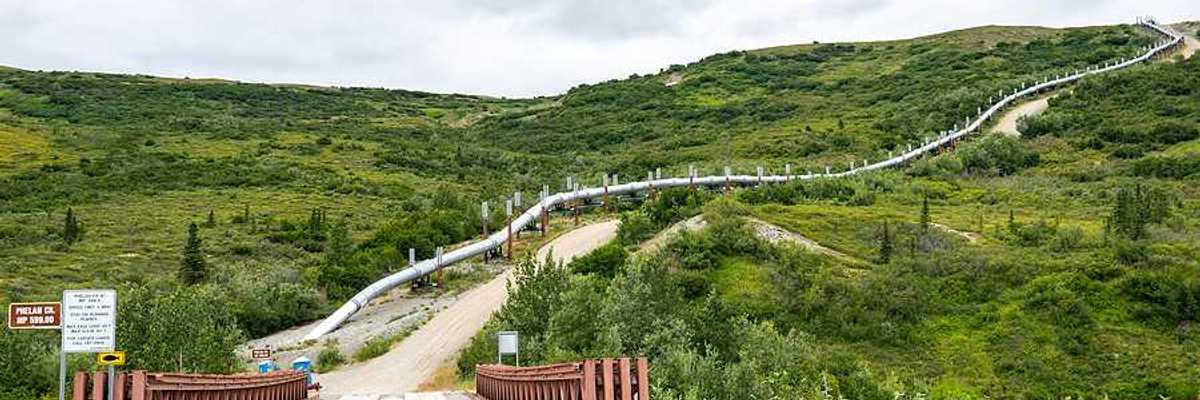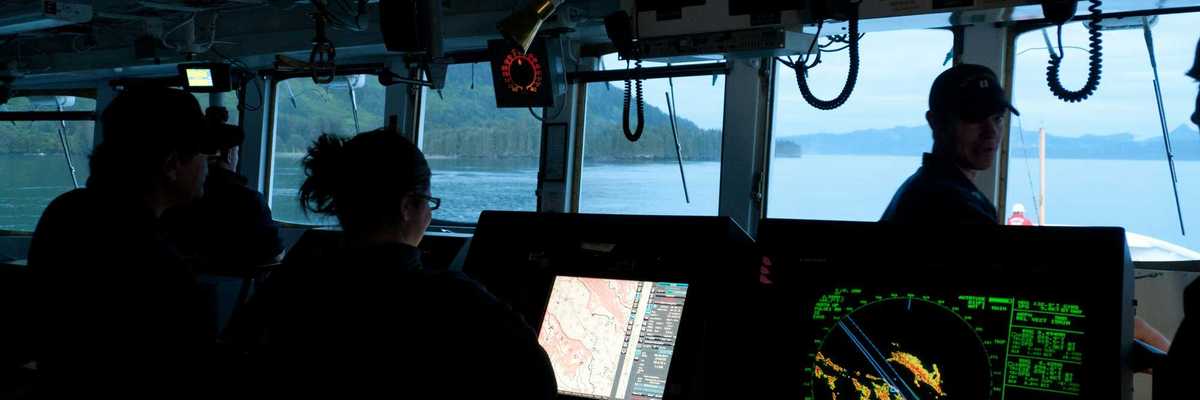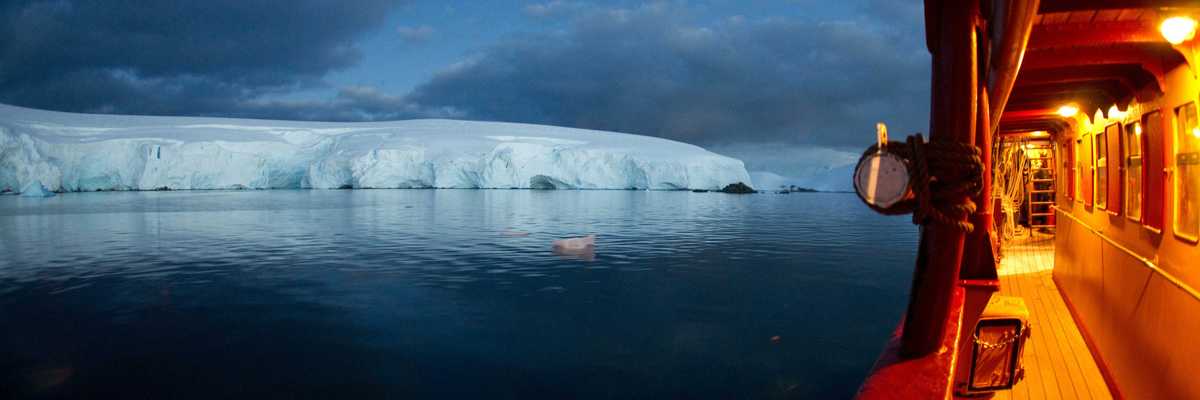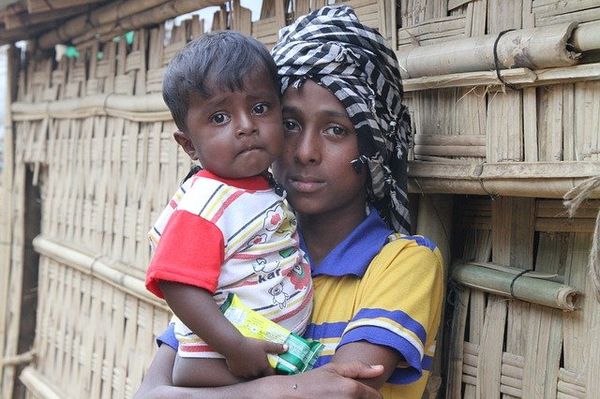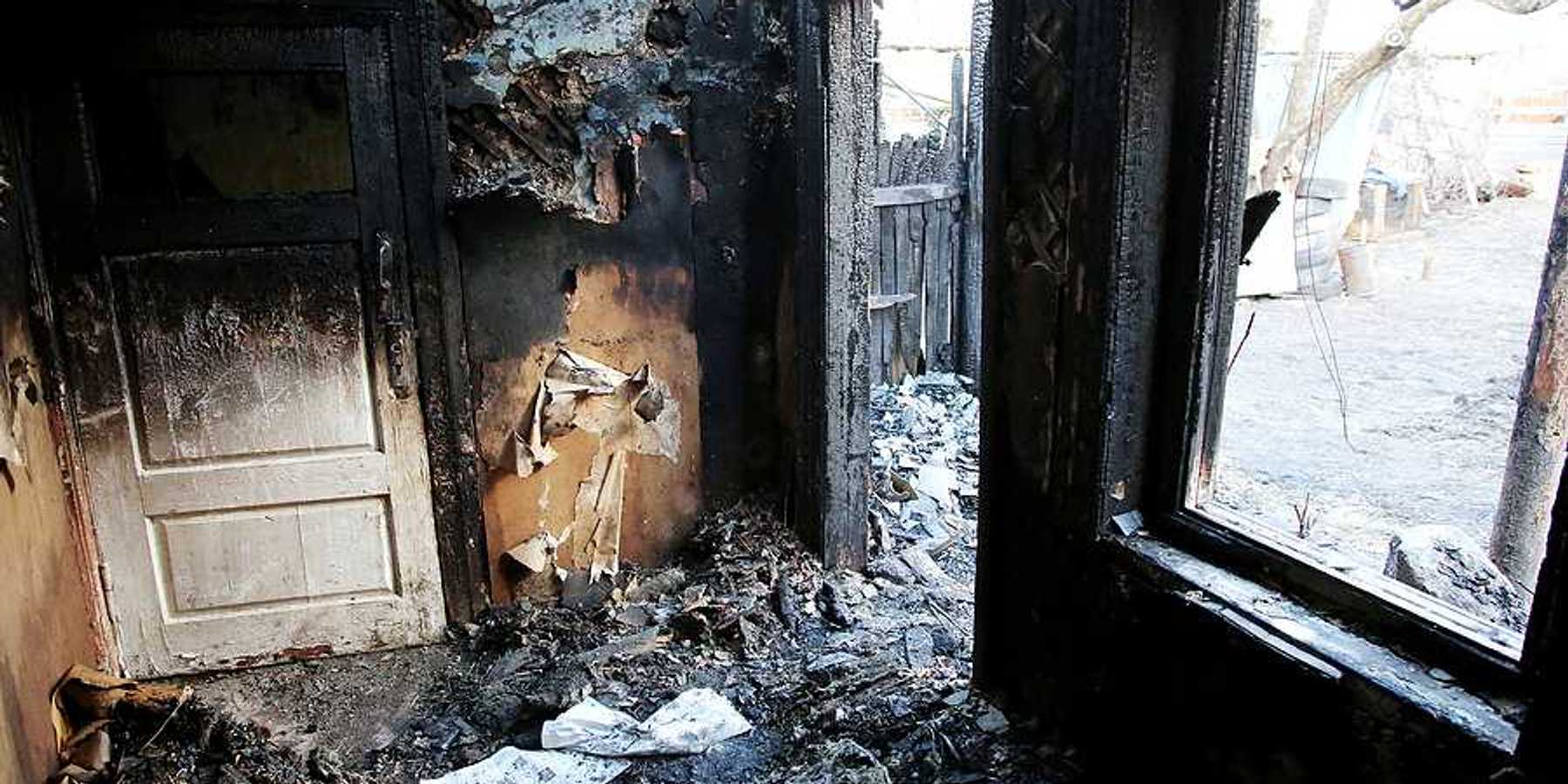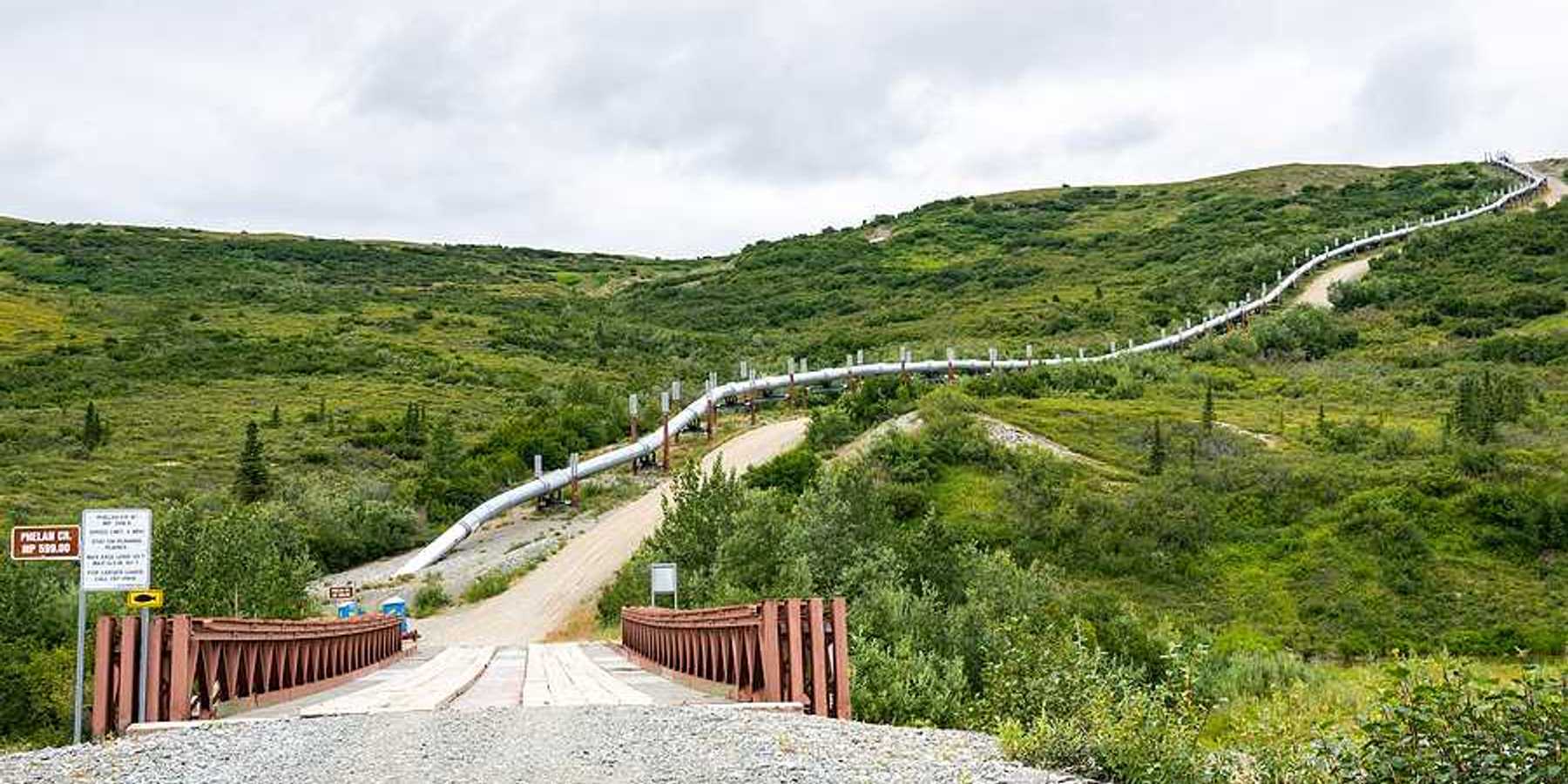indigenous knowledge
Indigenous author Ailton Krenak advocates for a future rooted in Indigenous wisdom
Brazilian Indigenous author Ailton Krenak argues that society must reconnect with nature and ancestral knowledge to address today’s environmental crises.
In short:
- Krenak’s book, Ancestral Future, criticizes the over-reliance on technology and calls for a worldview centered on nature.
- He emphasizes that Indigenous ways of living, which prioritize the environment, offer crucial insights for addressing climate change.
- Krenak’s experiences, including the displacement of his family in rural Brazil, fuel his advocacy for strengthening humanity's connection to the natural world.
Key quote:
“He almost literally comes from a different world, and so provides an extraordinarily useful testimony. There are very few human beings in quite that same position, very few writers.”
— Bill McKibben, environmental author and activist.
Why this matters:
In a world obsessed with quick fixes and innovation, Krenak’s message is a reminder that the answers might just be simpler—and closer to home—than we think. His work challenges us to rethink our relationship with the Earth and to see environmental stewardship not as a new-age trend but as a return to a more balanced way of living. Read more: Colonialism, the climate crisis, and the need to center Indigenous voices.
Impact of climate change on Indigenous communities documented in global study
Indigenous and local communities' firsthand experiences with climate change are vividly detailed in a new extensive study.
In short:
- The study gathers over 1,600 firsthand reports from Indigenous peoples across various climates, highlighting significant impacts on their ecosystems.
- It documents 369 local indicators of climate change impacts, emphasizing the nuanced, local experiences often overlooked by traditional measures.
- Researchers advocate for integrating local knowledge into climate research and policies to enhance adaptation strategies.
Key quote:
“There is the idea existing in the scientific community that local knowledge is not a valid source of knowledge, and the study aims to bridge this gap.”
— Victoria Reyes-García, research professor, Institute of Environmental Science and Technology, Universitat Autònoma de Barcelona
Why this matters:
Indigenous communities, having lived in close connection to their environments over centuries, possess deep-rooted understanding and observations of local ecosystems, weather patterns, and natural resource management. This traditional ecological knowledge can provide crucial insights that are often absent in scientific data.
Be sure to read: Colonialism, the climate crisis, and the need to center Indigenous voices.
Inuit app SIKU blends traditional knowledge with tech for environmental tracking
An innovative app developed by Inuit communities, SIKU, is redefining the integration of traditional knowledge and scientific data to empower Indigenous groups across the Arctic in environmental monitoring and decision-making.
In short:
- SIKU, meaning "sea ice" in Inuktitut, is a social network that enables users to document and share observations on wildlife, sea ice conditions, and local foods, fostering a unique blend of traditional and scientific knowledge.
- The platform, developed with the Arctic Eider Society, has gained traction since 2015, now boasting more than 25,000 users from at least 120 communities, who have made more than 75,000 posts.
- It supports crucial community-driven decisions and research, with features like GPS tracking for safety on the ice, and data collection on environmental changes and wildlife management.
Key quote:
“It’s part science and part Inuit knowledge. It can work both ways, instead of one dominating the other.”
— Lucassie Arragutainaq, cofounder of the Arctic Eider Society
Why this matters:
SIKU is more than an app; it's a testament to the power of Indigenous knowledge in shaping environmental policy and research. Learning from Indigenous people may be vital to meeting the existential challenge of the climate crisis.
Indigenous Guardians protect their culture of cold in a heating world
Masked against the Arctic glare in orange-tinted sunglasses, Tad Tulurialik is a modern conservation “Guardian” of his fast-melting homeland.
Sámi knowledge helps developing climate policies
Indigenous seed collectors grow a network of restoration across Brazil
The seed collector networks are the base of the ecological restoration chain and will play an essential role in enabling Brazil to reach its goal of restoring 12.5 million hectares (30.9 million acres) of native vegetation by 2030 — vital in the fight to avoid climate breakdown.


